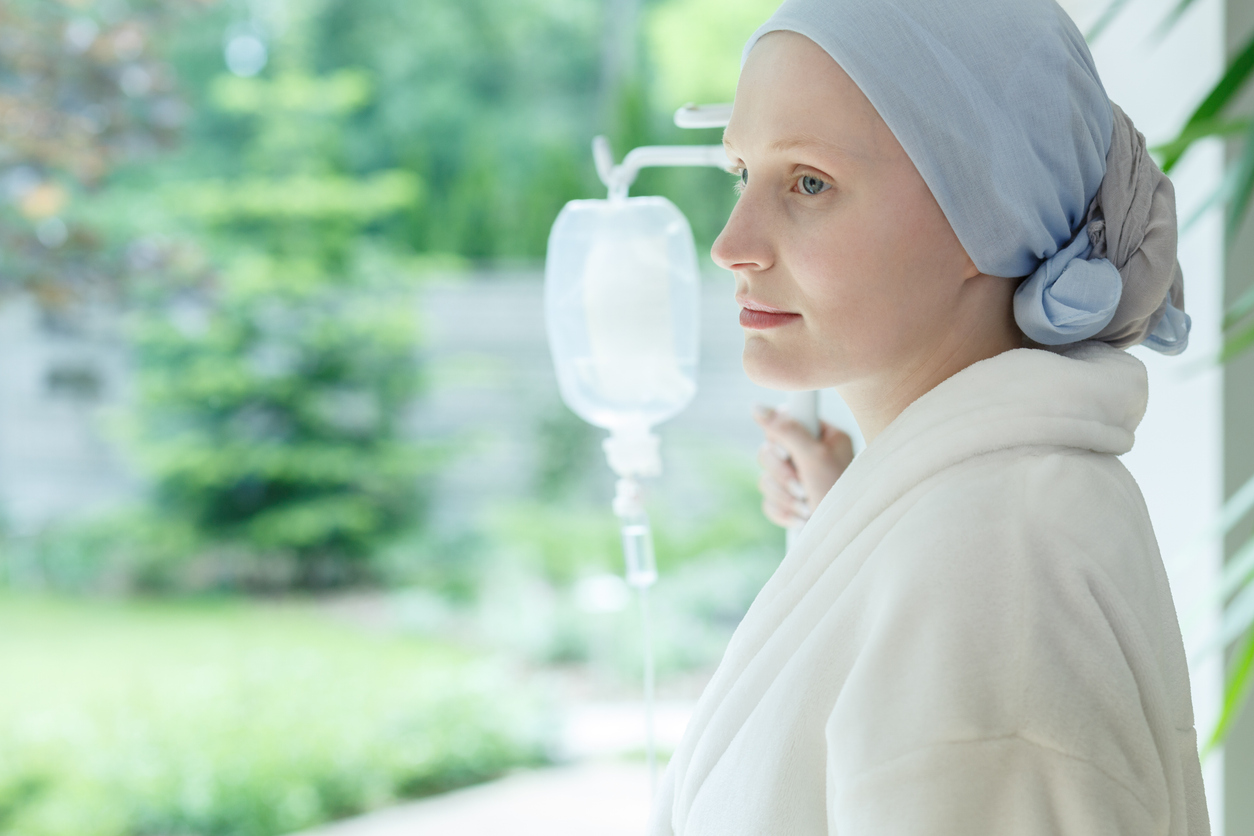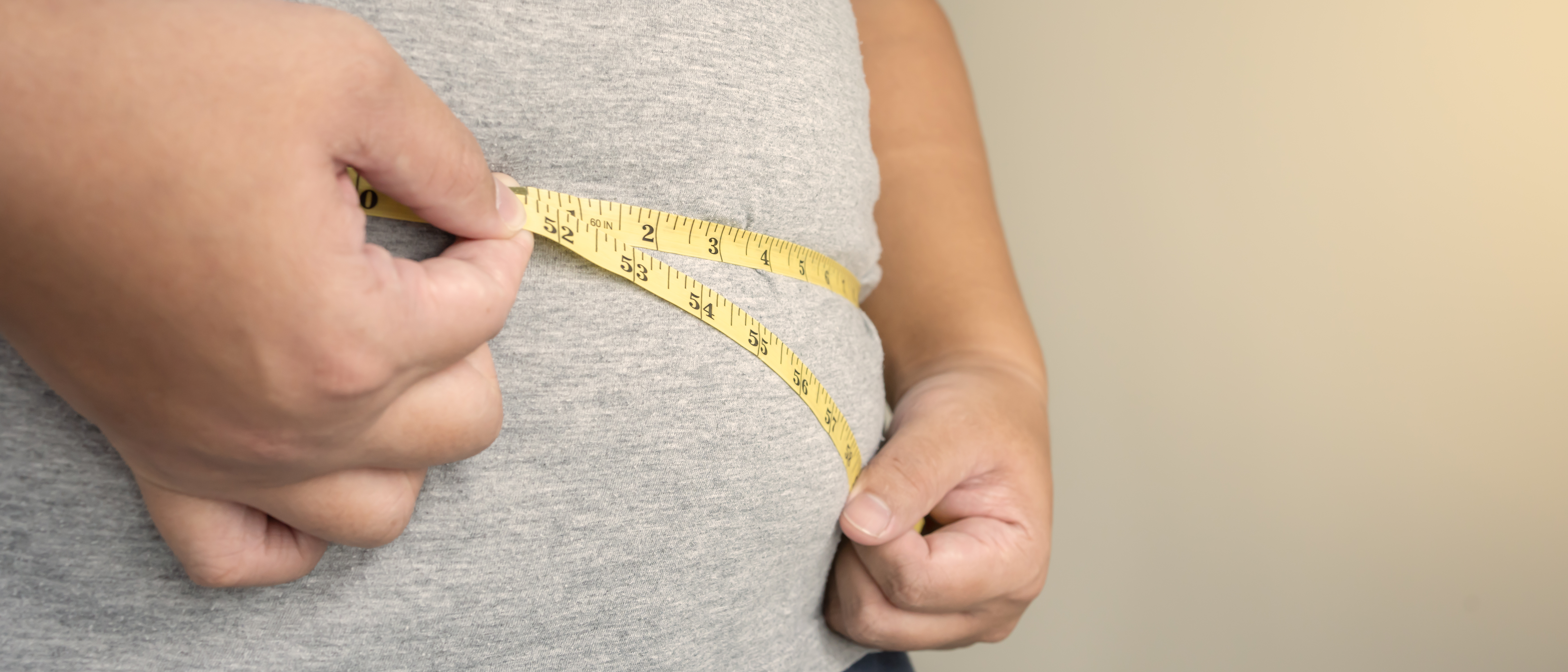2025-10-03
Transforming lifestyle habits during chemotherapy: Insights from the LEANer trial
Oncology
By Lila Rouland | Published October 3rd, 2025 | 2 min read
#BreastCancer #Exercise #Chemotherapy
The Lifestyle, Exercise, and Nutrition Early After Diagnosis (LEANer) trial evaluated whether a structured lifestyle intervention could improve physical activity (PA) and dietary quality in women undergoing chemotherapy for breast cancer. While most studies focus on the post-treatment period, this trial was initiated at the start of chemotherapy—a phase marked by significant physical and psychosocial challenges that tend to reduce PA and diet quality.
This randomized controlled trial enrolled 173 women with stage I–III breast cancer beginning chemotherapy. Participants were assigned either to a one-year nutrition and exercise intervention (n=87) or to usual care (UC, n=86). Eligibility criteria included insufficient baseline PA (<150 minutes/week) and fruit/vegetable intake below 7 servings/day. Women already undergoing advanced chemotherapy or with severe comorbidities were excluded.
The intervention consisted of 16 individualized counseling sessions with oncology dietitians, delivered in person, by phone, or via videoconference (depending on COVID-19 restrictions). Sessions were spread over one year: weekly during month one, biweekly in months two and three, and then monthly. Goals included achieving 150 minutes/week of moderate exercise, two strength-training sessions per week, and a predominantly plant-based diet consistent with cancer survivor guidelines. Women in the UC group received follow-up resources after study completion.
Primary outcomes included weekly PA minutes, participation in strength training, and diet quality measured by the Healthy Eating Index-2015 (HEI-2015). Sociodemographic, clinical, and self-reported data (fatigue, depression, physical function) were also collected.
Adherence: Participants showed strong engagement, attending an average of 15 out of 16 sessions. Retention exceeded 85% at one year.
Physical activity: At baseline, women averaged just 24 minutes/week. After one year, the intervention group achieved 136 more minutes/week than UC (p<0.001). Seventy-six percent met PA guidelines versus 24% in UC.
Strength training: After one year, 56% of intervention participants engaged in strength training versus 15% in UC (p<0.001).
Diet quality: The baseline HEI-2015 score was 66.9. The improvement in the intervention group was modest (+2.5 points) and not statistically significant (p=0.08). However, gains were observed in fruit/vegetable consumption and reduced added sugar, despite chemotherapy-related side effects (nausea, appetite loss).
These results suggest that individual characteristics and social support strongly influence success in lifestyle changes.
The trial demonstrates that significant improvements in PA and strength training are achievable at the very beginning of chemotherapy, counter to the usual trend of declining activity. While dietary improvements were more limited, maintaining better diet quality during treatment remains encouraging.
Subgroups most likely to succeed were women with less fatigue, higher education, healthier baseline diets, and social support. These insights will help refine and personalize future interventions.
In conclusion, the LEANer trial provides strong evidence that early intervention, initiated at the start of chemotherapy, can durably improve physical activity and support healthier dietary habits among women with breast cancer.
About the author – Lila Rouland
With dual expertise in science and marketing, Lila brings her knowledge to the service of healthcare innovation. After five years in international academic research, she transitioned into medical and scientific communication within the pharmaceutical industry. Now working as a medical writer and content developer, she is committed to highlighting scientific knowledge and conveying it to healthcare professionals with clarity and relevance.
#BreastCancer #Exercise #Chemotherapy
The Lifestyle, Exercise, and Nutrition Early After Diagnosis (LEANer) trial evaluated whether a structured lifestyle intervention could improve physical activity (PA) and dietary quality in women undergoing chemotherapy for breast cancer. While most studies focus on the post-treatment period, this trial was initiated at the start of chemotherapy—a phase marked by significant physical and psychosocial challenges that tend to reduce PA and diet quality.
Study design and participants
This randomized controlled trial enrolled 173 women with stage I–III breast cancer beginning chemotherapy. Participants were assigned either to a one-year nutrition and exercise intervention (n=87) or to usual care (UC, n=86). Eligibility criteria included insufficient baseline PA (<150 minutes/week) and fruit/vegetable intake below 7 servings/day. Women already undergoing advanced chemotherapy or with severe comorbidities were excluded.
The intervention consisted of 16 individualized counseling sessions with oncology dietitians, delivered in person, by phone, or via videoconference (depending on COVID-19 restrictions). Sessions were spread over one year: weekly during month one, biweekly in months two and three, and then monthly. Goals included achieving 150 minutes/week of moderate exercise, two strength-training sessions per week, and a predominantly plant-based diet consistent with cancer survivor guidelines. Women in the UC group received follow-up resources after study completion.
Moving, strengthening, eating better: the evidence
Primary outcomes included weekly PA minutes, participation in strength training, and diet quality measured by the Healthy Eating Index-2015 (HEI-2015). Sociodemographic, clinical, and self-reported data (fatigue, depression, physical function) were also collected.
Adherence: Participants showed strong engagement, attending an average of 15 out of 16 sessions. Retention exceeded 85% at one year.
Physical activity: At baseline, women averaged just 24 minutes/week. After one year, the intervention group achieved 136 more minutes/week than UC (p<0.001). Seventy-six percent met PA guidelines versus 24% in UC.
Strength training: After one year, 56% of intervention participants engaged in strength training versus 15% in UC (p<0.001).
Diet quality: The baseline HEI-2015 score was 66.9. The improvement in the intervention group was modest (+2.5 points) and not statistically significant (p=0.08). However, gains were observed in fruit/vegetable consumption and reduced added sugar, despite chemotherapy-related side effects (nausea, appetite loss).
Why do some women succeed more?
- Lower baseline fatigue: Associated with better PA improvements (p=0.04).
- Higher education level: Linked to greater dietary quality improvements (p=0.001).
- Higher baseline diet quality and living with a partner: Increased likelihood of strength training (OR=2.56 and OR=2.87).
These results suggest that individual characteristics and social support strongly influence success in lifestyle changes.
Key takeaway from the LEANer trial
The trial demonstrates that significant improvements in PA and strength training are achievable at the very beginning of chemotherapy, counter to the usual trend of declining activity. While dietary improvements were more limited, maintaining better diet quality during treatment remains encouraging.
Subgroups most likely to succeed were women with less fatigue, higher education, healthier baseline diets, and social support. These insights will help refine and personalize future interventions.
In conclusion, the LEANer trial provides strong evidence that early intervention, initiated at the start of chemotherapy, can durably improve physical activity and support healthier dietary habits among women with breast cancer.
Read next: Less weight, less edema?
About the author – Lila Rouland
Doctor of Oncology, specialized in Biotechnology and Management

Last press reviews
Parental alcohol intoxication: the hidden impact on children’s mental health

By Carolina Lima | Published on January 19, 2026 | 3 min read
Obesity: when the kidneys become overwhelmed

By Ana Espino | Published on January 16, 2026 | 3 min read...
